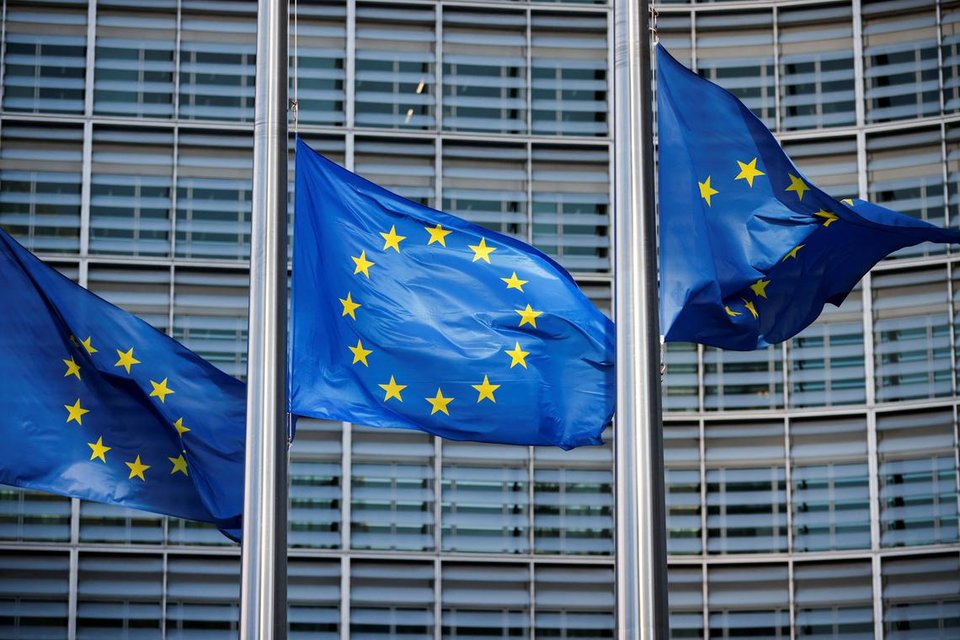The European Commission announced that it plans to withdraw new anti-greenwashing rules after they faced last-minute opposition from conservative lawmakers who argued the rules were too burdensome for businesses.
The proposed “Green Claims Directive” would have required companies to provide concrete evidence for claims that their products are carbon-neutral, biodegradable, or “less polluting.”
Businesses would have had to submit this evidence for approval by independent verifiers, with penalties such as fines for non-compliance.
In the current context, the Commission intends to withdraw the Green Claims proposal
Maciej Berestecki, the EU’s spokesperson for environmental issues.
Last year, European lawmakers and the EU’s 27 member states had agreed to move forward with the directive. It was in the final stage of negotiations between the European Parliament, the Council, and the Commission, with a concluding meeting set for Monday.
The European People’s Party (EPP), the largest political group in the European Parliament requested the Commission to withdraw the proposal earlier this week. They argued that the directive was too complex and placed too much burden on businesses.
Berestecki explained that the decision aligns with the Commission’s “simplification agenda,” as the current version of the directive would have applied to around 30 million micro-enterprises, or 96% of all EU firms that something the Commission viewed as problematic.
EU President Ursula von der Leyen, a member of the EPP, has made it a priority to reduce bureaucratic hurdles for businesses as part of efforts to boost the European economy.
Danuse Nerudova, the EPP’s negotiator on the directive, welcomed the withdrawal, calling the proposal “overly complex” and saying it lacked an adequate impact assessment to prove its benefits outweighed the costs to businesses.
We need regulation that is clear, proportionate, and grounded in evidence. Less bureaucracy and more competitiveness, that’s what we promised to citizens.
Danuse Nerudova, the EPP’s negotiator on the directive
On the other hand, Sandro Gozi of the centrist Renew group called the decision “shameful”.
“It is unacceptable that the EPP, in tandem with the far right, is undermining a vital piece of legislation meant to protect citizens from corporate environmental fraud,
Sandro Gozi of the centrist Renew group
Since the EU Parliament shifted further to the right after last year’s elections, the bloc has launched a broad effort to cut “red tape” seen as holding back economic growth even if that means rolling back key parts of von der Leyen’s Green Deal from her first term.
Most notably, a much-debated law requiring companies to ensure their global supply chains are free of human rights and environmental abuses has now been delayed until 2028, and its future is uncertain.
The Green Claims Directive was just one of several EU efforts to tackle greenwashing. Another law passed last year already bans vague, generic product labels like “eco-friendly” or “natural.”
